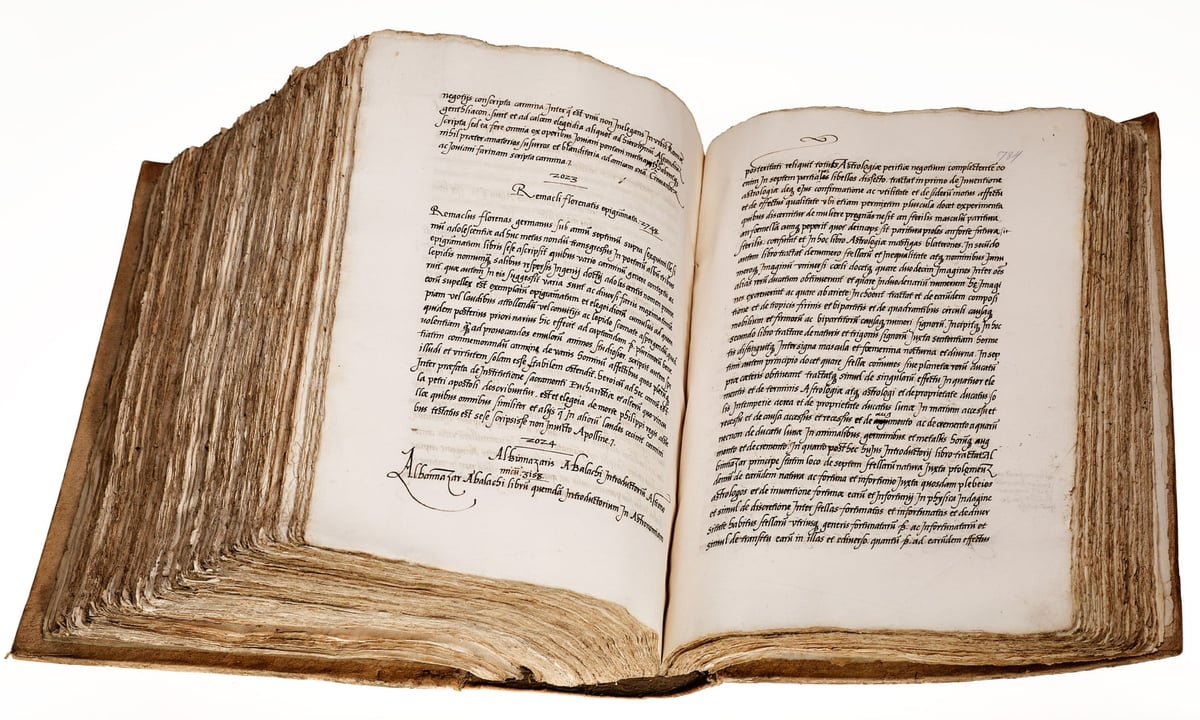A Catalogue of Lost 16th-Century Books

Hernando Colón was the illegitimate son of Christopher Columbus. He was also one of the great book collectors of 16th century Europe, having traveled extensively and assembled a library of about 15,000 volumes.
What’s left of Colón’s library has been housed in Seville Cathedral since 1552. The other evidence of the library is a catalogue, with epitomes and summaries of the books in the collection. But the catalog itself, called the Libro de los Epítomes, was thought to be lost, until it was identified in an unlikely collection belonging to “Árni Magnússon, an Icelandic scholar born in 1663, who donated his books to the University of Copenhagen on his death in 1730.”
The discovery in the Arnamagnæan Collection in Copenhagen is “extraordinary”, and a window into a “lost world of 16th-century books”, said Cambridge academic Dr Edward Wilson-Lee, author of the recent biography of Colón, The Catalogue of Shipwrecked Books.
“It’s a discovery of immense importance, not only because it contains so much information about how people read 500 years ago, but also, because it contains summaries of books that no longer exist, lost in every other form than these summaries,” said Wilson-Lee. “The idea that this object which was so central to this extraordinary early 16th-century project and which one always thought of with this great sense of loss, of what could have been if this had been preserved, for it then to just show up in Copenhagen perfectly preserved, at least 350 years after its last mention in Spain …”
Another choice quote from Wilson-Lee:
After amassing his collection, Colón employed a team of writers to read every book in the library and distill each into a little summary in Libro de los Epítomes, ranging from a couple of lines long for very short texts to about 30 pages for the complete works of Plato, which Wilson-Lee dubbed the “miracle of compression”.
Because Colón collected everything he could lay his hands on, the catalogue is a real record of what people were reading 500 years ago, rather than just the classics. “The important part of Hernando’s library is it’s not just Plato and Cortez, he’s summarising everything from almanacs to news pamphlets. This is really giving us a window into the entirety of early print, much of which has gone missing, and how people read it - a world that is largely lost to us,” said Wilson-Lee.
What a wonder.





Stay Connected